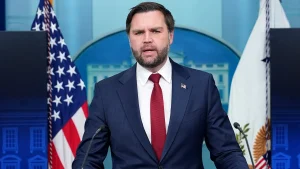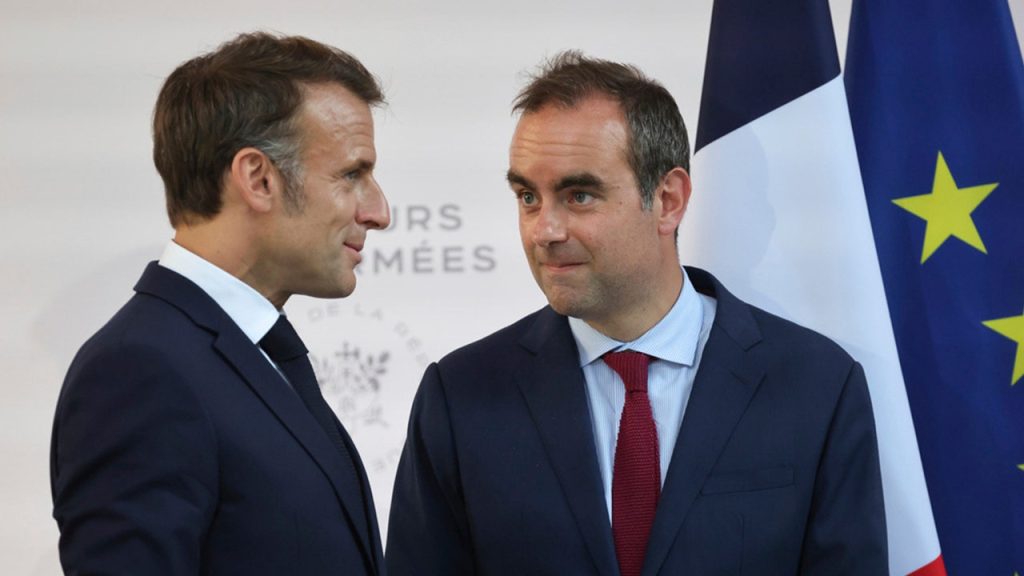France’s Political Turmoil: Prime Minister Resigns After Just 24 Hours in Office
In a stunning development that has sent shockwaves through French politics, Prime Minister Sébastien Lecornu resigned Monday less than 24 hours after naming his government and barely a month after taking office. This abrupt departure marks France’s fourth prime ministerial resignation in just over a year, plunging the nation into what many are calling its deepest political crisis in recent memory. President Emmanuel Macron accepted the resignation as financial markets responded with immediate concern, with the CAC-40 index of leading French companies dropping nearly 2% from its Friday close. “It would take little for it to work,” Lecornu lamented in his resignation speech, adding that many politicians needed “to be more selfless” and “show humility,” concluding that one “must always put one’s country before one’s party.”
The political chaos has created the bizarre situation where newly appointed ministers became caretaker ministers before many had even been formally installed in office. One of them, Agnès Pannier-Runacher, who had been reappointed as minister for ecology, expressed her frustration publicly on social media, writing: “I despair of this circus.” Lecornu’s cabinet selections had drawn widespread criticism from across the political spectrum, particularly his decision to bring back former Finance Minister Bruno Le Maire to serve as defense minister. Critics pointed to France’s soaring public deficit under Le Maire’s previous tenure, questioning the wisdom of such an appointment during a time of fiscal challenge. Other key positions had remained largely unchanged, with conservative Bruno Retailleau staying as interior minister, Jean-Noël Barrot continuing as foreign minister, and Gérald Darmanin retaining the justice portfolio.
Lecornu’s primary mission would have been steering France through its daunting debt crisis. At the end of the first quarter of 2025, France’s public debt stood at a staggering 3.346 trillion euros ($3.9 trillion), equivalent to 114% of GDP. Debt servicing has become a major burden on the national budget, accounting for approximately 7% of state spending. Unlike his predecessors, Lecornu had vowed not to employ Article 49.3 – the special constitutional power that allows governments to force legislation through Parliament without a vote. Instead, he had promised to seek genuine compromise with lawmakers from both the left and right, consulting with all political forces and trade unions before forming his Cabinet – a strategy that ultimately failed to create the consensus he needed to govern effectively.
The roots of this governmental instability trace back to Macron’s decision to call snap elections last year, which produced a deeply fragmented legislature where no party holds a clear majority. The current National Assembly reflects France’s polarized political landscape, with far-right and left-wing lawmakers holding over 320 seats, while centrists and allied conservatives control only 210. This fractured parliament has made effective governance nearly impossible, with each new prime minister struggling to build workable coalitions in an increasingly hostile political environment. The situation highlights the limitations of France’s semi-presidential system when faced with such severe political division.
Macron’s political opponents wasted no time in capitalizing on the shocking resignation, with calls for radical solutions coming from all sides. Marine Le Pen, leader of the far-right National Rally, declared that Macron faces a stark choice: “call for new snap elections or resign.” She insisted, “This raises a question for the president of the republic: can he continue to resist the legislature dissolution? We have reached the end of the road. There is no other solution. The only wise course of action in these circumstances is to return to the polls.” Meanwhile, the far-left France Unbowed movement also demanded Macron’s departure, while more moderate voices on the left advocated for reviving a coalition composed of leftists, socialists, greens, and communists – highlighting the divergent visions for resolving the crisis.
The immediate future of French governance remains deeply uncertain as the country confronts this unprecedented political impasse. The ministerial vacuum comes at a particularly challenging time, with urgent decisions needed on the budget, economic reforms, and international commitments. As financial markets react nervously to the instability, pressure mounts on Macron to find a viable path forward. The president now faces perhaps the most difficult moment of his political career, trapped between increasingly radical opposition parties demanding his resignation and the practical need to establish a functioning government. Whether this crisis will ultimately force new elections, lead to novel political alliances, or produce some other unexpected outcome remains to be seen, but what’s clear is that France’s political system is being tested as rarely before in the Fifth Republic’s history.














